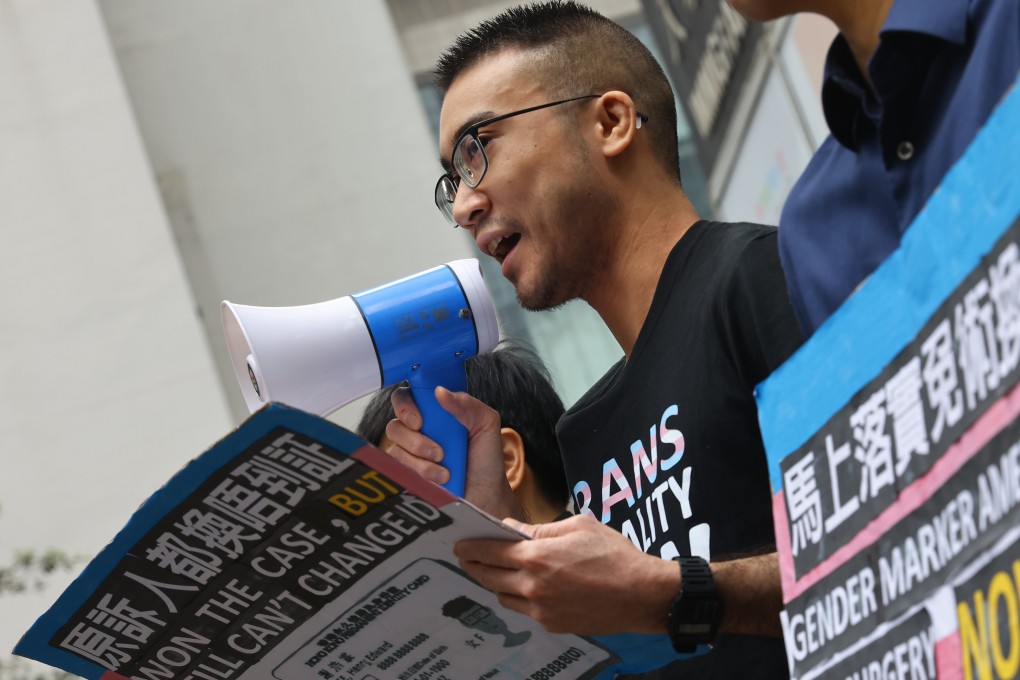My Take | Need for a sea change in official treatment of LGBTQ rights
- The government response to a ruling on gender changes on ID cards for transgender people has requirements at the strict end of the spectrum

The winning of a long legal battle by two transgender men last year was hailed as a landmark. Henry Edward Tse and another litigant known as “Q” were entitled to expect the swift granting of their applications for a gender change on their identity cards in accordance with the judgment in February 2023.
A year later, they were still waiting. Tse, who said the delay caused him constant anxiety and emotional distress, launched a fresh legal action in March, demanding his request be approved.
This might have focused minds. Two weeks later, the government announced new arrangements for applications in light of the judgment. The revised policy marks a step forward, but still leaves a lot to be desired.
The previous scheme required transgender people to have full “sex reassignment surgery”, before being allowed to change the marker on their ID cards to their acquired gender. This can be risky and painful. Most transgender people do not need it or want it.
The Court of Final Appeal declared the requirement unlawful, constituting a breach of privacy. A new, more progressive policy was needed. But officials have opted to make limited changes.
Applicants will no longer need the full surgical procedure. But they will still be required to undergo invasive and possibly unnecessary surgery “for the purpose of modifying sexual characteristics”. They must also have received hormone treatment for at least two years and, incredibly, may be required to submit blood tests for “random checking of his or her hormonal profile”. Proof they suffer from gender dysphoria is needed, too.
These requirements are at the more restrictive end of the spectrum. British arrangements do not require surgery or hormone treatment. The US procedures are even more relaxed.
